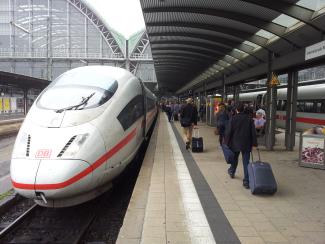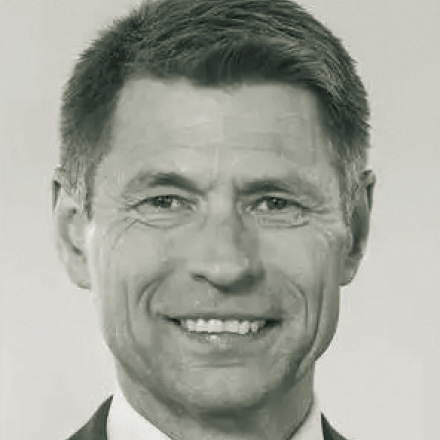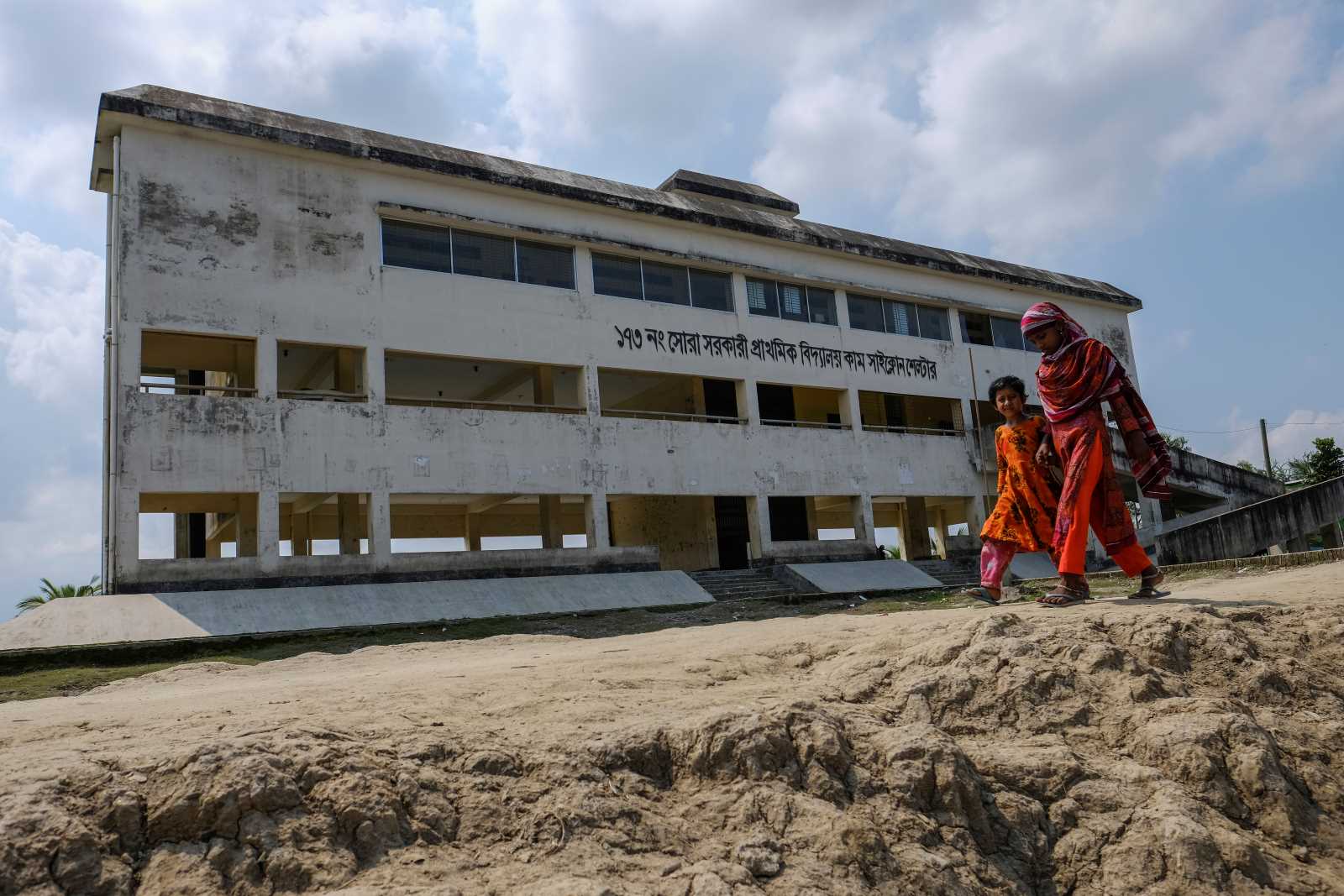Post-2015 debate
Set the right example

The UN’s approach to the post-2015 debate so far has been to involve as many people as possible. The topic is the next generation of global goals to follow up on the Millennium Development Goals (MDGs), which were defined in 2000. At the time, they were expected to be achieved by 2015 (see focus section in D+C/E+Z 2013/07-08). According to UN Secretary-General Ban Ki-moon, more than one million people have taken part in post-2015 consultations and dialogues all over the world so far. We expect Germany’s next Federal Government, whichever parties will form it, to support the inclusive approach even when the actual goals are defined at the end of a multilateral process. In particular, the voices of the poorest people must be heard.
In terms of content, VENRO considers four demands indispensable:
- The universal human rights must serve as the ethical foundation of the new agenda.
- The new goals must apply all over the world and include targets for industrialised nations and emerging markets.
- As fighting poverty and protecting the environment are closely inter-related, humankind needs a single and coherent agenda to rise to both challenges. The two separate UN initiatives to draft post-2015 goals and Sustainable Development Goals (SDGs) must become one.
We need transparent and effective mechanisms of monitoring and accountability. The MDG agenda remains the starting point. Its gaps – concerning democracy, peace, security and environmental sustainability for instance – must be closed. There is no need to reinvent the wheel however. The Millennium Declaration of 2000, the Rio+20 results, the MDG Progress Report and many publications by civil-society organisations are pointing in the right direction.
To the extent that our next government will promote these causes, it can rely on our full support. A crucial issue, however, remains unresolved: how will economic growth and the fight against poverty be reconciled with the need to reduce the use of natural resources and respect planetary boundaries? The literature on the matter is vast, but to date, not a single country has been able to sustain a high standard of living whilst reducing resource consumption.
No doubt, humanity needs a fundamental socio-ecological transformation to tackle both social injustice and resource depletion. Industrialised nations, including Germany, must lead the way. In the long run, good living will only be possible on the basis of drastically changed patterns of production and consumption. A new sustainable-development agenda for Germany, however, will require stronger policy coherence and better cooperation among the various government departments. Most likely, it will make sense to strengthen the role of the Federal Ministry for Economic Cooperation and Development (BMZ).
Funding is still a blind spot in the post-2015 debate, as was evident in the report our previous government published in August. It did not even mention funding. Empowering all people of the world to a sustainable and dignified lifestyle, however, will cost money. We expect our future government to fulfil all pledges regarding official development assistance and climate finance, which was unfortunately not the case in recent years. Spending on these matters must rise, and innovative taxes could help. The post-2015 debate is certainly important, but must not allow it to distract attention from the fact that there still are two years and three months to achieve as much of the MDG agenda as possible. There needs to be more effort, including in Germany. It would be a disaster if most MDGs were restated in the post-2015 agenda because of a failure to achieve them on time.
Ulrich Post is the chairman of VENRO (Verband Entwicklungspolitik Deutscher Nichtregierungsorganisationen – Association of development-minded German non-governmental organisations).
Claus Körting heads the VENRO project „Deine Stimme gegen Armut – Entwicklung braucht Beteiligung“ (Your voice against poverty – development requires participation). c.koerting@venro.org












